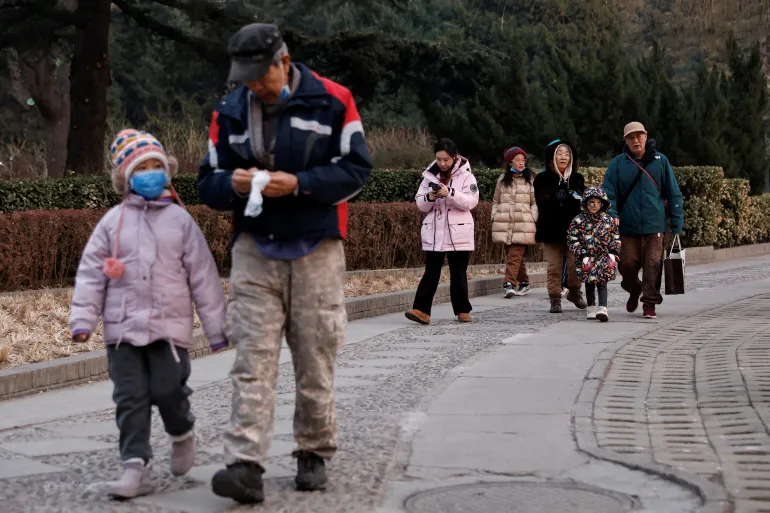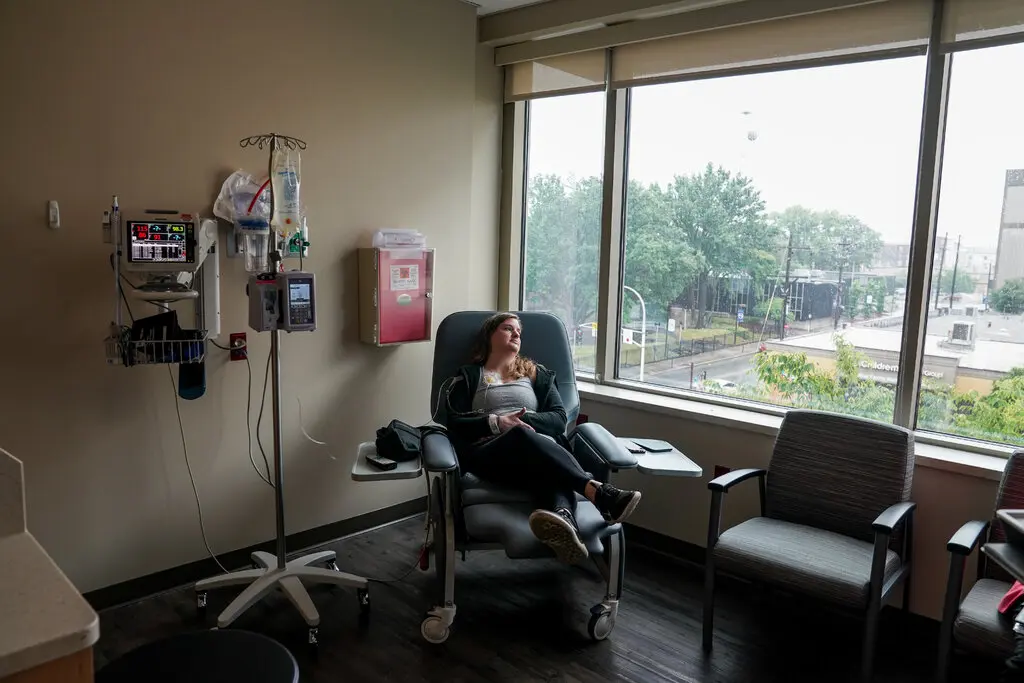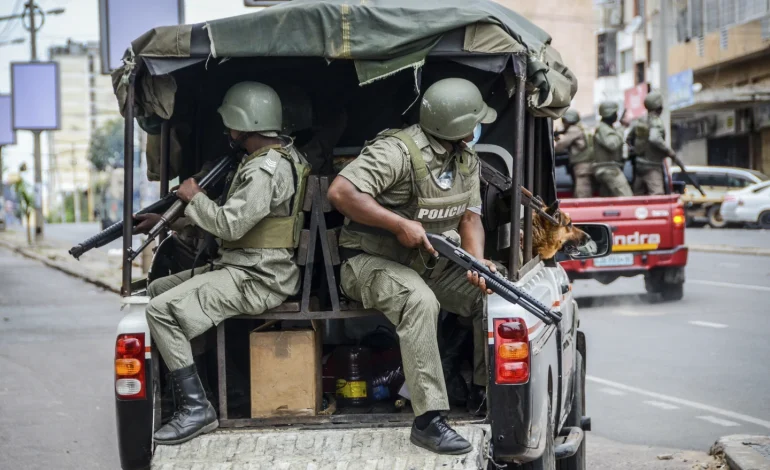A deepening political and social crisis in Mozambique will be at the forefront of a regional summit this week, called after the October 9 election sparked weeks of violent protests and prompted the losing candidate to dispute the outcome, The Associated Press reports.
The Southern African Development Community (SADC) is convening a summit from November 16 to 20 in Harare to address the situation, following the victory of ruling Front for the Liberation of Mozambique (Frelimo) candidate Daniel Chapo.
At least 30 people are reported dead in the post-election violence, which erupted after independent candidate Venancio Mondlane, who secured 20% of the national vote, challenged the results and called for nationwide protests. International observers have cited irregularities in the election, raising concerns about its credibility.
Here’s why this crisis is a concern for the wider region:
Election Credibility Concerns:
• Mozambique’s disputed election result comes as several of its neighbors hold their own polls, highlighting the importance of credible and peaceful electoral processes.
• In Botswana, the ruling party was removed from power after 58 years, marking a smooth transfer of power. South Africa saw a historic shift in its political landscape, with the ruling party losing its parliamentary majority for the first time since 1994.
• Mauritius recently saw a landslide victory for the opposition, while Namibia is expected to hold elections later this month.
• The European Union’s observer team has alleged irregularities in Mozambique’s election, including the altering of some results.
• Zimbabwe’s 2023 elections also faced criticism over alleged irregularities, with the European Union Election Observation Mission citing concerns about pre-polling environment and election day standards.
Regional Trade and Stability:
• Mozambique, a key player in Southern African trade, shares borders with several countries including South Africa, Tanzania, Malawi, Zambia, Zimbabwe, and Eswatini.
• Instability in Mozambique poses a risk of spilling over its borders, potentially creating problems for neighboring countries already dealing with domestic challenges related to illegal migration.
• South Africa closed its side of the Lebombo border with Mozambique following the recent protests, impacting trade between the two nations. This closure has resulted in significant economic losses for both countries, with South Africa’s freight and rail association estimating daily losses of at least 10 million rand ($550,000).
• Mozambique’s rich mineral resources and its recent natural gas discoveries have the potential to boost its economy and regional cooperation, but political instability threatens these prospects.
Political Stability and Ongoing Conflicts:
• Mozambique continues to grapple with the aftermath of a 15-year civil war that ended in 1992. The recent election was the country’s first since 1994 without armed groups connected to any political party, a significant development.
• However, the country faces a growing threat from an Islamic State-affiliated group that has launched attacks on communities in the northern province of Cabo Delgado since 2017.
• The conflict has displaced over a million people, and while some have returned, many face dire conditions in shattered communities.









